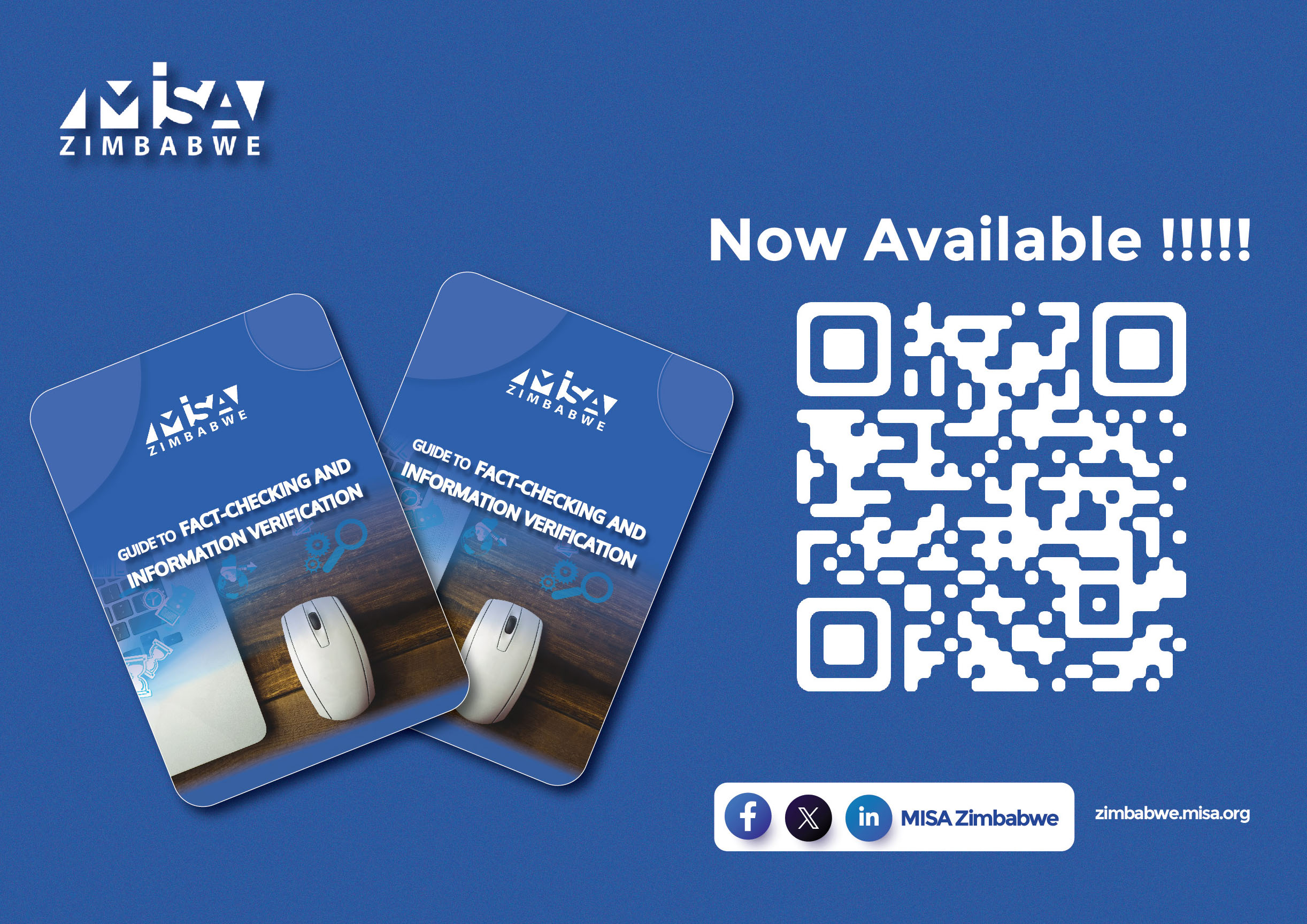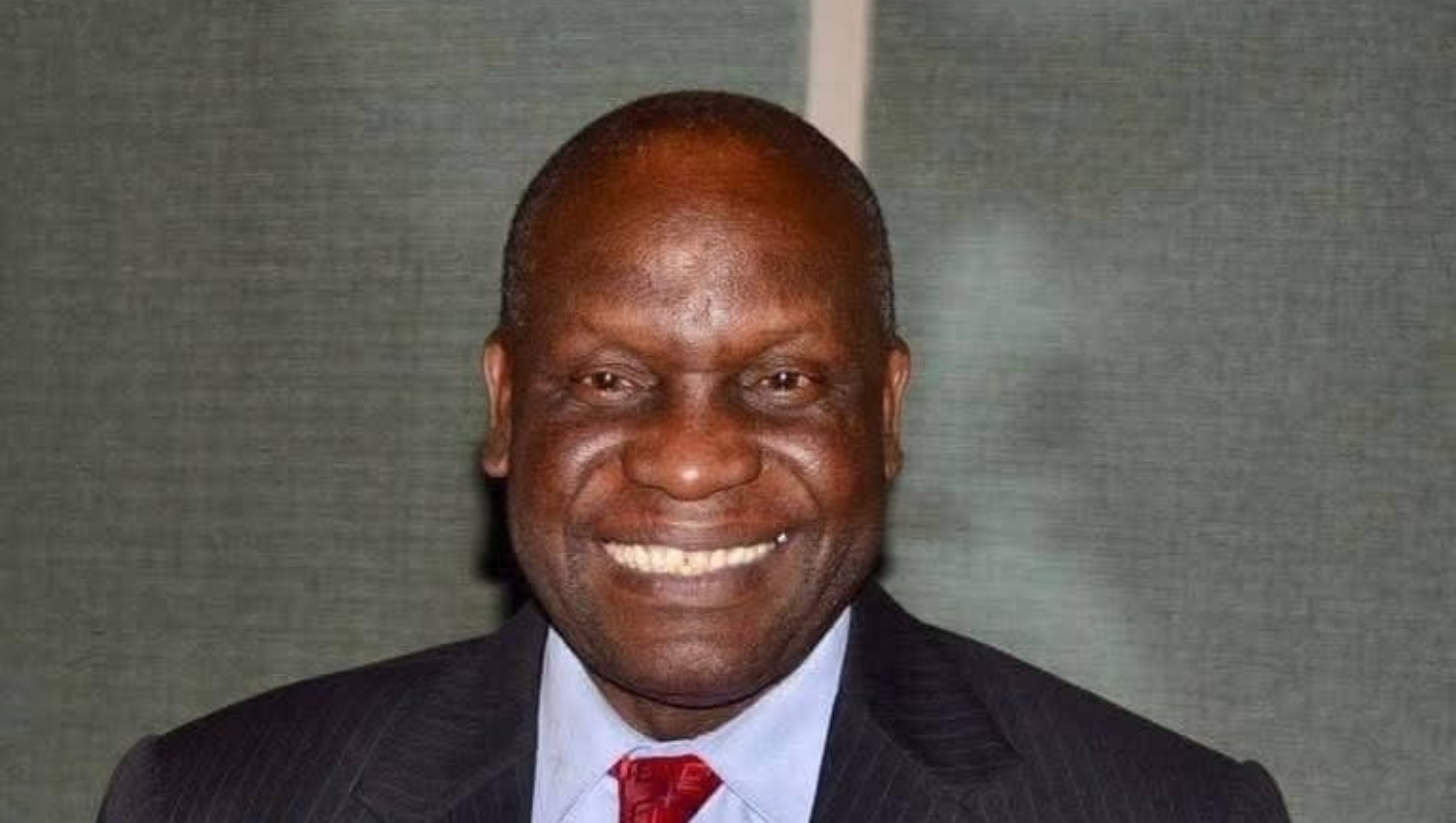Botswana President Mokgweetsi Masisi says there is need to reflect and find solutions to the challenges of viability and disinformation affecting the media in the region.
President Masisi was speaking at the World Press Freedom Day commemorations which MISA, with support from UNESCO and Olof Palme International, commemorated at the University of Botswana Conference Centre in Gaborone, Botswana on May 4, 2024.
The commemorations were held under the theme: A Press for the Planet: Journalism in the face of the Environmental Crisis.
President Masisi, who was the guest of honour, paid tribute to MISA Regional, MISA Botswana and UNESCO for organising the event, which is now a mainstay on the regional calendar.
Masisi chronicled issues affecting the media in the region, particularly viability, misinformation, and disinformation. He said there is need to “reflect deeply on these challenges and generate solutions to deal with them effectively”.
The president also noted legislative developments in his country, such as the repeal of the Media Practitioners Act of 2008 and the enactment of the Media Practitioners Association Act of 2022.
He said the Botswana legislature will soon debate an access to information law adding that he would like “to commend Zambia for the Access to Information Act, which represents a significant step forward for our region, not only in promoting transparency but also ensuring the public’s right to access information”.
“With more such developments we can rest assured of progress to the future that our forebears envisioned when they gathered in Zambia on 1 April 1980 to establish the Southern African Development Coordination Conference (SADCC), the forerunner of the Southern African Development Community,” Masisi said.
Zambia enacted the Access to Information Act in December 2023.
UNESCO Regional Office for Southern Africa (ROSA) Regional Director, Nisha said while there may be ups-and-downs, Southern Africa continues to be one of the better places in the world and the continent for journalists.
“For those of us who like to see continuous improvement, there are areas where we need to collaborate,” she said.
Nisha raised concern on the media viability issues.
“Viability in economic terms is closely connected to the media’s capacity to function impartially and effectively under a given political and legal condition,” she said.
“In the current climate, where issues around public good at national, regional and international levels are increasingly important day by day, the media’s viability is at risk.
“Paid and organic content online, growing spread of Artificial Intelligence and mass-scale disinformation and misinformation have put media independence and credibility too at risk.”
MISA Regional Governing Council (RGC) Chairperson, Golden Maunganidze called for deepened regional collaboration to improve freedom of expression in the region.
“As MISA, we believe we have the minds and willpower capable of ensuring that the processes and engagements of the regional collective will provide the leadership required to mobilise and galvanise the people of Southern Africa in response to the threats on media development in line with the strategic objectives of ensuring and protecting the multiplicity of competing changes in the environment in general and a press for the planet specifically,” he said.
As part of this year’s commemorations, MISA invited top government officials from the minister responsible for information and the media from Botswana, Eswatini, Zambia and Zimbabwe.
MISA Regional Director Tabani Moyo noted the increased commonality of the issues that are impacting on media freedom in the region and paid tribute to the heroes and heroines of expression that passed on in the year 2023.
“Allow me to express and pay tribute to the great leader of the people of Southern Africa and Africa in general and Namibia in particular, the late President, His Excellency Hage Geingob, for leaving an entrenched legacy of media freedom as we continue to celebrate his life.
The journalists we lost in 2023. Through their deeds, these heroines and heroes, anchor our pledge to pick up the shield and defend and advance the vision of a free, democratic, and prosperous society, which we continue to strive for.
Let us recommit to active solidarity, given the similarity of our challenges – more pronounced today than ever. In that, we promote people-to-people solidarity and knowledge sharing, and new forms of learning of developments in the region.”
MISA also launched the State of Press Freedom in Southern Africa Report, which documents several issues, such as the legal environment affecting access to information and media freedom in Southern Africa.
UNESCO, International Media Support (IMS), the Swedish International Development Cooperation Agency (SIDA), and Olof Palme International supported the annual report, which was first published in 2021.
The report is based on United Nations Sustainable Development Goal (SDG) 16.10.
The regional body, SADC, was represented by acting Executive Secretary, Dr Judith Kateera.
The meeting made the following resolutions:
- Advocacy for legal reforms
Media organisations called on respective governments to initiate reforms on laws and regulations that restrict press freedom and freedom of expression, such as defamation laws, or laws limiting access to information. - Support for journalists safety
The summit urged stakeholders, including governments, to take concrete steps to protect journalists from harassment, intimidation, violence, and arbitrary arrests, including by working with governments and law enforcement agencies to ensure perpetrators are held accountable. - Media sustainability and independence
Need to set up a media fund in respective countries.
Committed to support initiatives that promote the financial sustainability and editorial independence of media outlets in the region, including through capacity building programmes, (environmental and any other specialised reporting) advocacy for advertising and funding support, and promoting ethical journalism practices. - Digital rights and internet freedom
The summit recognised the importance of digital rights and internet freedom in the modern media landscape and advocate for policies that protect online freedom of expression, privacy, and access to information. - Gender equality and equity in media
The summit urged stakeholders to promote gender equality in the media industry by advocating for equal representation and opportunities for women journalists combating gender-based discrimination and harassment in newsrooms, and supporting initiatives that amplify women’s voices in the media. - International solidarity
The media committed to expressing solidarity with journalists and media organisations facing threats and challenges in other parts of the world and collaborate with international partners to defend press freedom and freedom of expression globally.
MISA Regional Communique









